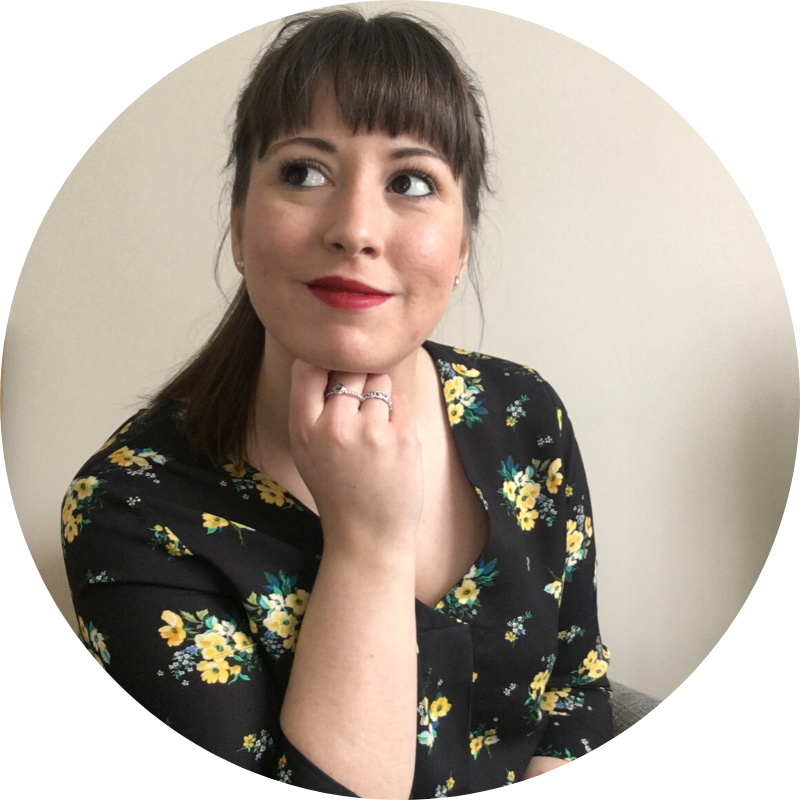Writing Wednesdays: Why I say to write what you'd need, not what you know
The piece of advice I always give to (new) writers is to write the kind of book you’d like to read. And I thought I’d do a Writing Wednesday post to explain it in a little more depth.
I think everybody has heard the phrase ‘write what you know’, and sure, in some cases it applies. I’d struggle to write about a twenty-something American woman working as a shop manager, because I have little idea how American taxes work, I’ve never worked in a shop or as a manager, and I don’t have the experience of being a twenty-something at the time of writing this post, so sure, in that case, I wouldn’t feel as confident in writing that story.
But I feel like this isn’t exactly the right thing to tell prospective writers – won’t it just discourage some people from writing, from using their imagination and writing the book they want to write just because they feel like they can’t?
So I tell people: write the book you’d like to read.
When I wrote The Kissing Booth, it was because I couldn’t find a regular high school romance (with no vampires or the like) and so decided to write the sort of book I was looking to read.
There are a few reasons I tell people this.
For instance, if you love sci-fi and alien worlds and crazy spacecraft, but feel like you don’t know enough about science to write about it, that shouldn’t stop you.
Okay, so maybe you can’t talk too much in depth about science. You could always avoid it by having a character who knows nothing about the ‘technical’ stuff and having everything from their POV. But you shouldn’t let it restrict you – if you’re going to create a whole other world with different species, then it’s all down to your imagination and you don’t have to restrict yourself!
That’s the beauty of writing. You can make your story anything you want it to be. So if you love sci-fi but feel that all you really know to write about is being a fourteen-year-old girl in school who likes horse riding and Strictly Come Dancing, why should you feel like the only thing you ‘can’ write about is what you know? You shouldn’t. That’s my point.
Sticking to writing what you know is probably just going to restrict your imagination anyway, I think.
Like I said above with the sci-fi thing. I mean, do you think Suzanne Collins has first-hand experience of fighting to the death in a dystopian arena with 23 other kids? Probably not. But that didn’t stop her from writing about it, so why should it stop you?
You might like this post on why it’s important to read as well as write.
If you write the sort of book you’d like to read, you’re going to be way more passionate about it.
You’ll already love the genre, and you’re less likely to force things. And, if you’re more passionate about what you’re writing, you’re way more likely to carry it through and finish the whole book – and it’s such a rush when you finish writing a book.
Think about the books you like reading.
Think about the characters and the situations that you like to read about. Think about what’s left you disappointed, even in the books you love. Are there other aspects of that kind of story you’d like to explore? Are there other themes you’d like to write about? Thinking about those things can really help you to develop your own book; when you can think about it from a reader’s perspective, sometimes it can help you to build the book as its writer.







No comments: